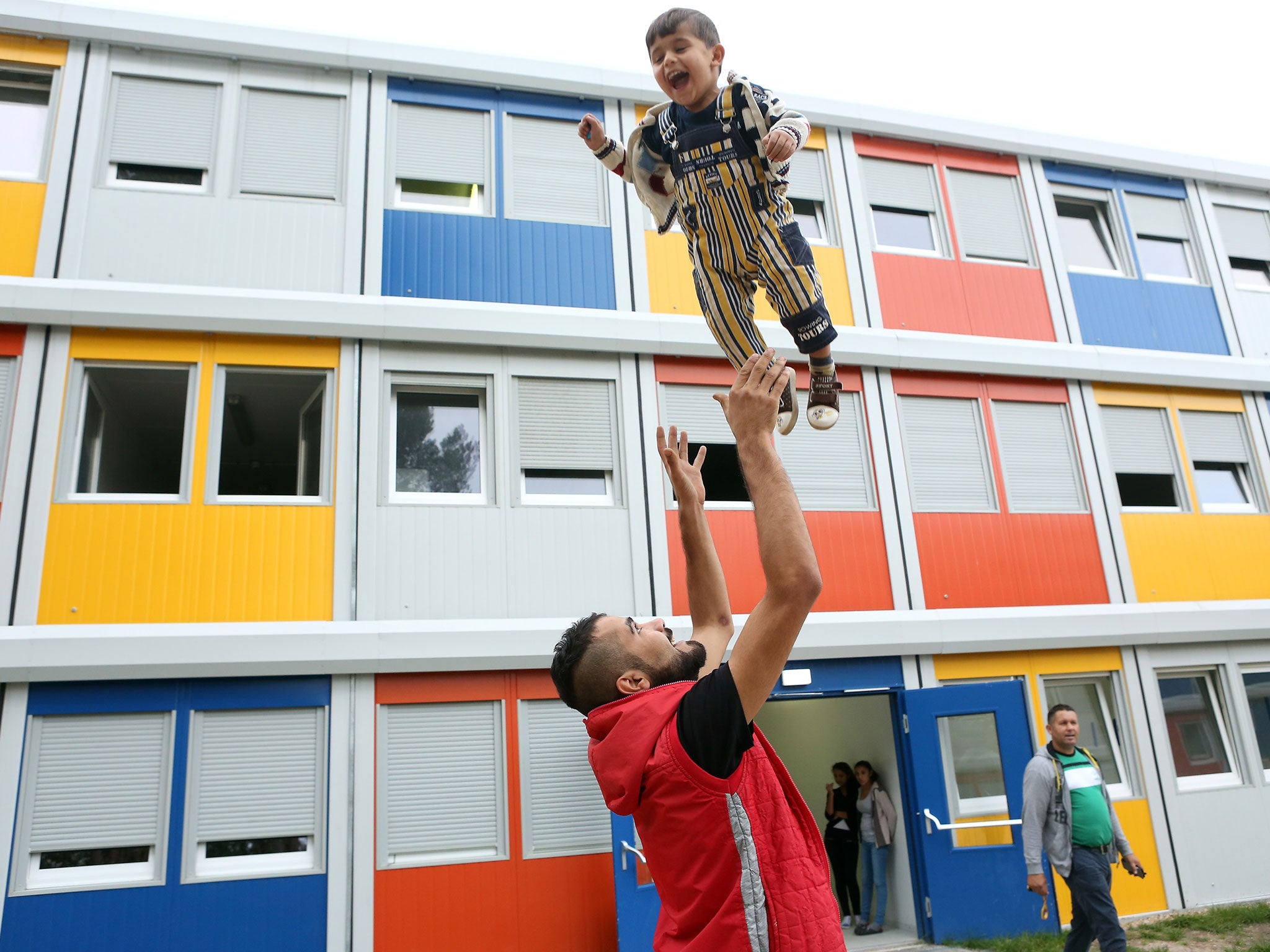Refugee crisis: Tough decisions needed to avoid a 'surge of the extreme right' across Europe, warn EU leaders
European Commission Vice-President says situation must be addressed properly, with border controls to deal with those arriving in Greece and Italy

Your support helps us to tell the story
From reproductive rights to climate change to Big Tech, The Independent is on the ground when the story is developing. Whether it's investigating the financials of Elon Musk's pro-Trump PAC or producing our latest documentary, 'The A Word', which shines a light on the American women fighting for reproductive rights, we know how important it is to parse out the facts from the messaging.
At such a critical moment in US history, we need reporters on the ground. Your donation allows us to keep sending journalists to speak to both sides of the story.
The Independent is trusted by Americans across the entire political spectrum. And unlike many other quality news outlets, we choose not to lock Americans out of our reporting and analysis with paywalls. We believe quality journalism should be available to everyone, paid for by those who can afford it.
Your support makes all the difference.Europe’s refugee crisis is still far from settled, and tough decisions need to be made to ensure there is not a “surge of the extreme right” across the continent, EU leaders have warned.
German Chancellor Angela Merkel said EU summit measures were only a “first step”, and a solution to the migrant crisis was still far off.
European Commission Vice-President Frans Timmermans said there would be a surge of right-wing extremism across Europe unless the crisis was addressed properly, with border controls to deal with the mass of people arriving on the shores of Greece and Italy. “If we’re not able to find sustainable solutions, you will see a surge of the extreme right across the European continent,” he told BBC radio. “We have to make sure that those countries where people arrive are better placed to make sure people are registered, that people who don’t have the right to asylum are returned swiftly,” he said.
EU leaders met in Brussels on Wednesday and pledged €1bn in aid to the UN refugee agency and the World Food Programme (WFP) for Syrian refugees in the Middle East and closer cooperation to stem the migrant flows.
Ms Merkel said that Europe needs “not just selective relocation” – following the passing of a plan to distribute 120,000 refugees proportionally among EU member states – but a “permanent process for fairly distributing refugees among member states”.
However, opposition from a number of eastern EU nations has made more progress difficult. Hungary indicated that it might challenge in court the relocation plan. “The quota proposal is a typical example of the moral imperialism that Germany forces upon Europe,” said Janos Lazar, Hungarian Prime Minister Viktor Orban’s chief of staff.
The scale of the crisis was underlined by figures from Hungary, which had a record number of migrant crossings on Wednesday: 9,939 entering from Croatia and 102 from Serbia; while Croatian police said that more than 51,000 refugees and migrants had entered the country in the last 10 days.
The summit talks centred on tighter border controls, particularly in Italy and Greece, which have been repeatedly criticised by other countries for not processing arrivals properly.
“It is clear the greatest tide of refugees and migrants is yet to come, so it’s clear that we need to correct the problem of open doors and windows,” said European Council President Donald Tusk. “Today we are talking about millions of potential refugees trying to reach Europe, not thousands,” he added. The issue will be back on the agenda at the next EU summit in Brussels, on 15 and 16 October.
Aid agencies noted EU leaders had yet to enact measures to ease the plight of refugees. The United Nations refugee agency, the UNHCR, said it was disappointed that no further measures beyond relocation were proposed to create safe, legal pathways into Europe for Syrian refugees. António Guterres, UN High Commissioner for Refugees, said: “The plan can only work if, at entry points in Europe, robust facilities are created to receive, assist, register and screen people.”
Join our commenting forum
Join thought-provoking conversations, follow other Independent readers and see their replies
Comments